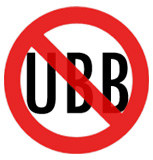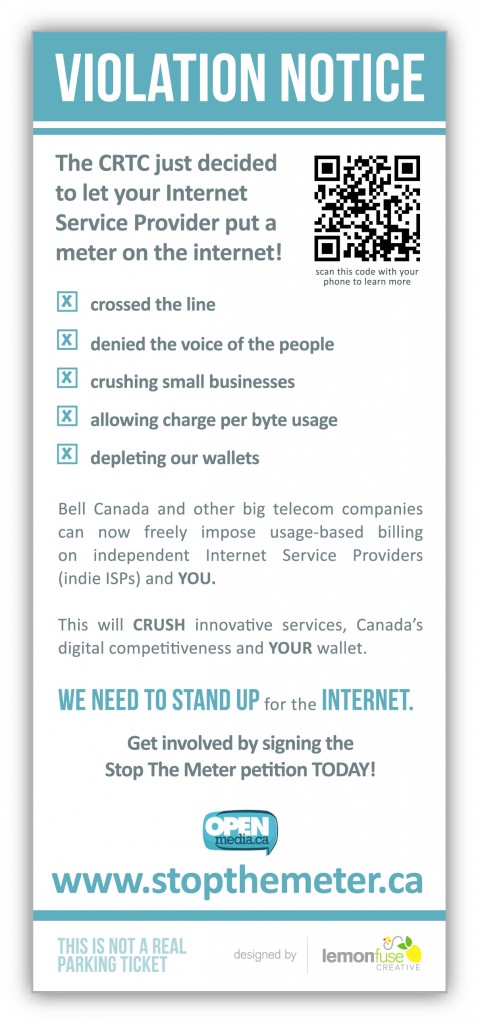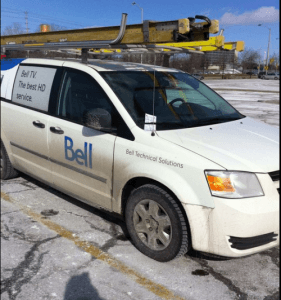 Shaw Communications held the first in a series of nearly three dozen upcoming “town hall meetings” on the issue of usage-based billing, starting with a gathering in Vancouver last evening.
Shaw Communications held the first in a series of nearly three dozen upcoming “town hall meetings” on the issue of usage-based billing, starting with a gathering in Vancouver last evening.
Readers of Broadband Reports are reflecting on Shaw’s management of the meeting, particularly the lack of adversarial tone they anticipated going in. Several in attendance report company executives strenuously avoided arguments with customers and steered well clear of pro-UBB propaganda, which makes considerable sense when gauging the audience, which was likely almost entirely opposed to Internet Overcharging.
“They said they made a lot of mistakes concerning UBB,” one Broadband Reports reader shared. “It was almost a mea culpa.”
Company officials also admitted their usage caps will expose an increasing number of customer to overlimit fees if they go unadjusted — they respect the fact everyone will be defined as a “heavy user” under today’s usage limits in a few years.
“It was probably a bit of PR damage-control, and in that regard they did a good job,” the reader shared.
Another reader in attendance suspect the company misjudged the resulting backlash over UBB.
“It really felt like Shaw got blindsided by the righteous anger over UBB, and they’re truly surprised at how poorly they’ve judged the zeitgeist of their customers,” a reader wrote.
The cozy business relationship of Canadian telecommunications companies, who have maintained comfortable, barely-competitive markets for years might also be an issue of concern, writes one reader.
“They seem to be scared of the idea the cozy business-as-usual approach they’ve been taking [could go] away with the possibility of foreign ownership rules being relaxed or various other game-changing rulings being made. They sure sounded like they’re interested in making concessions [for] customer satisfaction, if only to stave off increased competition from outside Canada.”
Our Take
 Stop the Cap! views such public meetings with some suspicion, if only because we have attended a few like these in the past and seen them used as intelligence-gathering operations for a marketing department charged with implementing the pricing schemes on customers.
Stop the Cap! views such public meetings with some suspicion, if only because we have attended a few like these in the past and seen them used as intelligence-gathering operations for a marketing department charged with implementing the pricing schemes on customers.
While Shaw still seems to be holding onto the notion it can bring back a more palatable UBB scheme at the end of its “listening tour,” you can be certain other Canadian Internet providers are engaged in research and focus group testing with a less engaged audience, trying to find “fairness scenarios” that work in the court of public opinion.
As Shaw opens its next meeting in Calgary (and beyond), the best response people can give in these meetings is a clear, unified, and absolute message:
NO UBB.
NOT NOW.
NOT EVER.
UPGRADE YOUR NETWORKS!
As soon as you enter into discussions about what represents a “fair amount” of usage, you have lost the argument. Debating the numbers is their game, not yours. Is 100GB enough, 250GB? 500? 1000?
What about tomorrow?
What is “reasonable” mean anyway?
“Reasonable” should not be how much Internet you are able to consume at Shaw’s everyday high prices.
Instead, Shaw’s absolutely massive profits demand that upgrades be maintained to accommodate users of their product. Shaw has plenty on hand to manage growth with upgraded facilities from Vancouver to the prairies and still have plenty of money left over. Their revenue from broadband is soaring. The costs to deliver it are dropping.
When you go to these meetings, explain politely, persuasively, and persistently that you are not prepared to accept the return of any UBB system, period. That inconvenient truth may be difficult for them to accept, but tell them you have every confidence a company as innovative as Shaw can find a way to keep customers and shareholders happy, and you’ll work with them to that end if they deliver the flat rate broadband experience that your neighbors to the south get.
If the USA and other countries around the world can manage it, so can Canada.


 Subscribe
Subscribe




 the
the 
